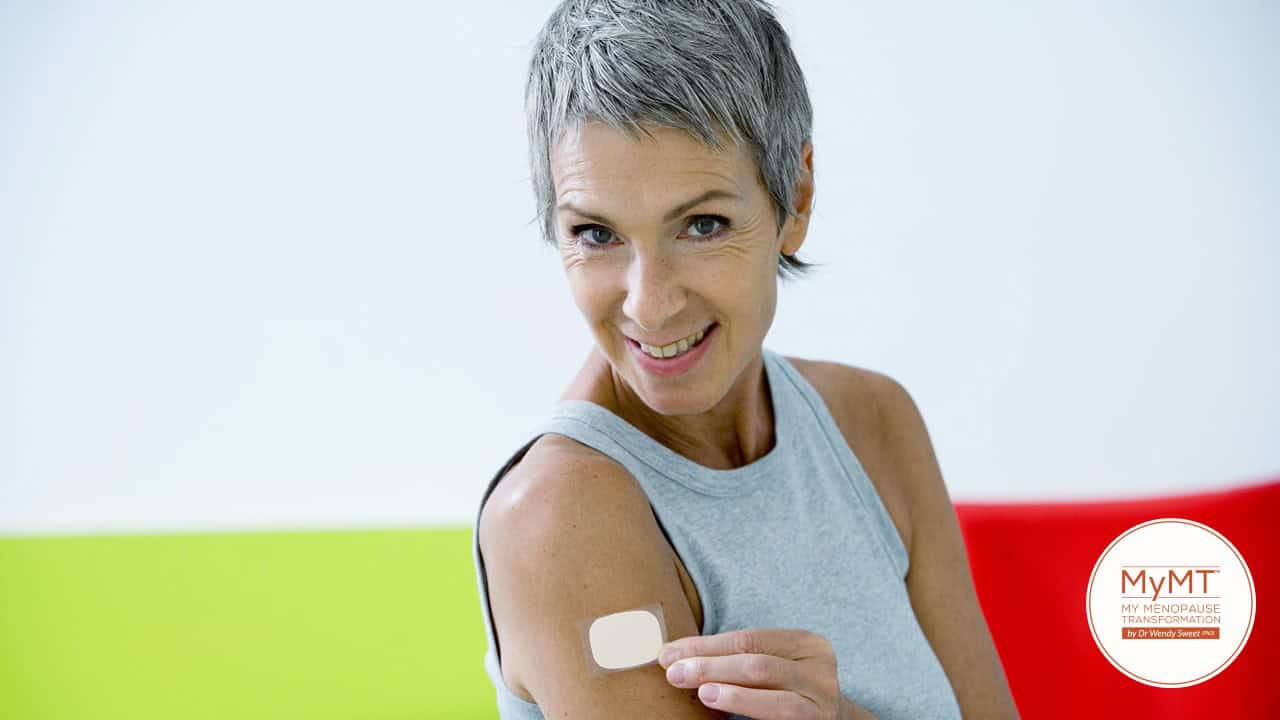New Research: Menopause Hormonal Therapy and Women’s Health – an umbrella review.
At long last – a multi-country research team, dedicated to exploring all the available evidence on menopause hormonal therapy and the link to women’s health.
Making the decision about menopause HRT with your Doctor is an important one and these days, also a tough one – it seems fine for some and not for others; some women react badly to it and put on a lot of weight (myself included) and other’s lose weight with it. Western women tend towards its use, Eastern and Asian women, not so much. Some women swear by it for helping them cope and reducing hot flushes and anxiety, other’s find that it works for a while, but then they get their hot flushes back again. Over the past few years, I’ve heard numerous stories about menopause hormonal therapy from women on my lifestyle programmes.
All I can say is, that it’s a minefield of conflicting opinions out there in ‘menopause-world’. But as I say to women on my programmes, your decision to take any form of hormonal therapy during your menopause transition is between you and your Doctor … and not me! My focus is on the evidenced lifestyle changes that you need to put into place as well.
HRT has been a hot topic in the United Kingdom lately, especially after the documentaries that have bought this topic to the attention of many. Numerous women on my programmes have talked about the television programmes and it’s added some interesting discussion in my coaching community.
I don’t often discuss menopause hormone therapy (MHT) in my articles. It’s not my place to as I’m not a medical Doctor, but for those of you who are interested in exploring it with your Doctor, then this brand new systematic review hot off the academic press, might help you with your conversations.
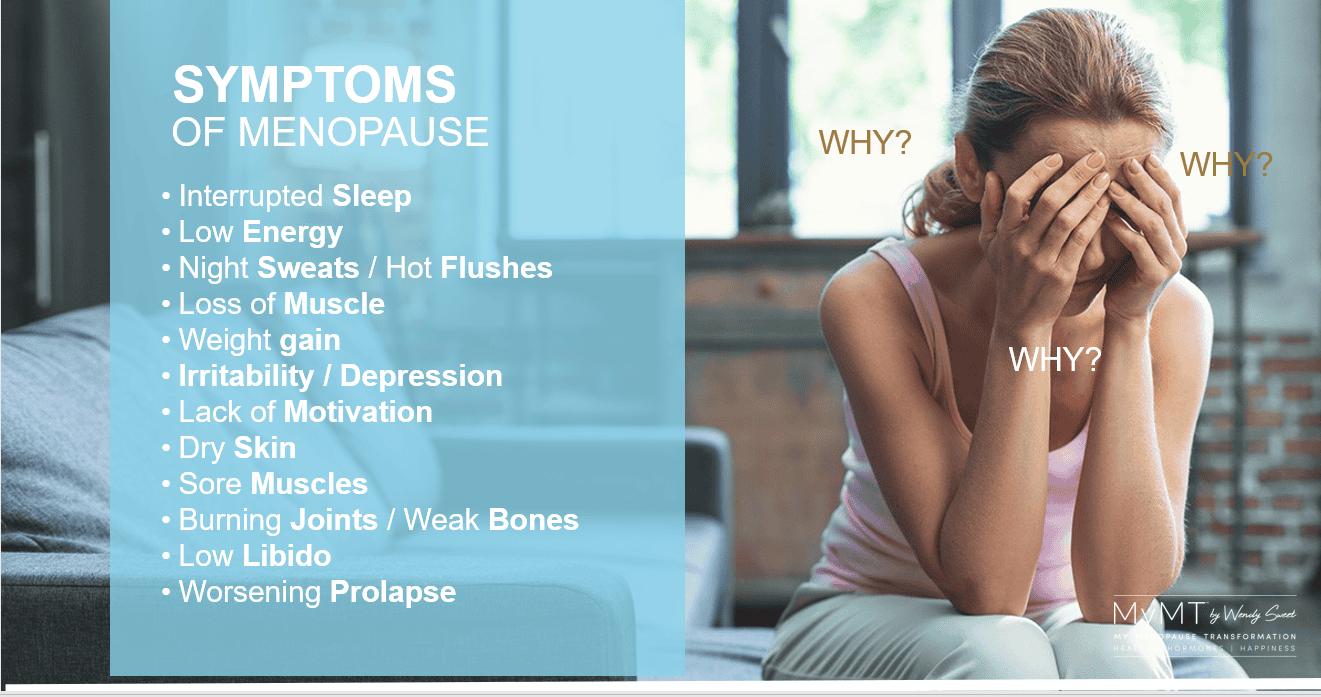
The purpose of the study was to explore the available evidence on menopause hormone therapy and the link with longer term health outcomes in women. That’s because it’s an important topic.
By 2050, it is estimated that worldwide more than 1.6 billion women will have reached menopause or be postmenopausal, up from 1 billion in 2020.
The burden of menopausal symptoms can considerably affect the personal, social, and work lives of women, hence, menopausal hormone therapy (MHT) is the most effective treatment for managing hot flushes and vaginal dryness. The review states that in high-income countries, there were about 12 million users in the 2010s, of whom 6 million users were in the US and UK alone.
Many of us already understand the bothersome menopausal symptoms, such as hot flushes, night sweats, anxiety and insomnia suffered by up to 75% of menopausal women globally. And yes, there are numerous studies which indicate that menopause hormonal therapy (MHT) can be an effective treatment for alleviating menopausal symptoms, but for several decades, the possible health effects of MHT, beyond alleviation of menopausal symptoms, have been debated. According to the researchers, there has been very little follow-up research on its effects on numerous health outcomes and these have remained uncertain because a systematic, comprehensive assessment has been lacking.
So, they decided to do something about it. That’s why they conducted an umbrella review of the available evidence. This type of review allows the findings of reviews relevant to a review question to be compared and contrasted.
An umbrella review’s most characteristic feature is that the type of evidence considered for inclusion is the highest-level evidence.
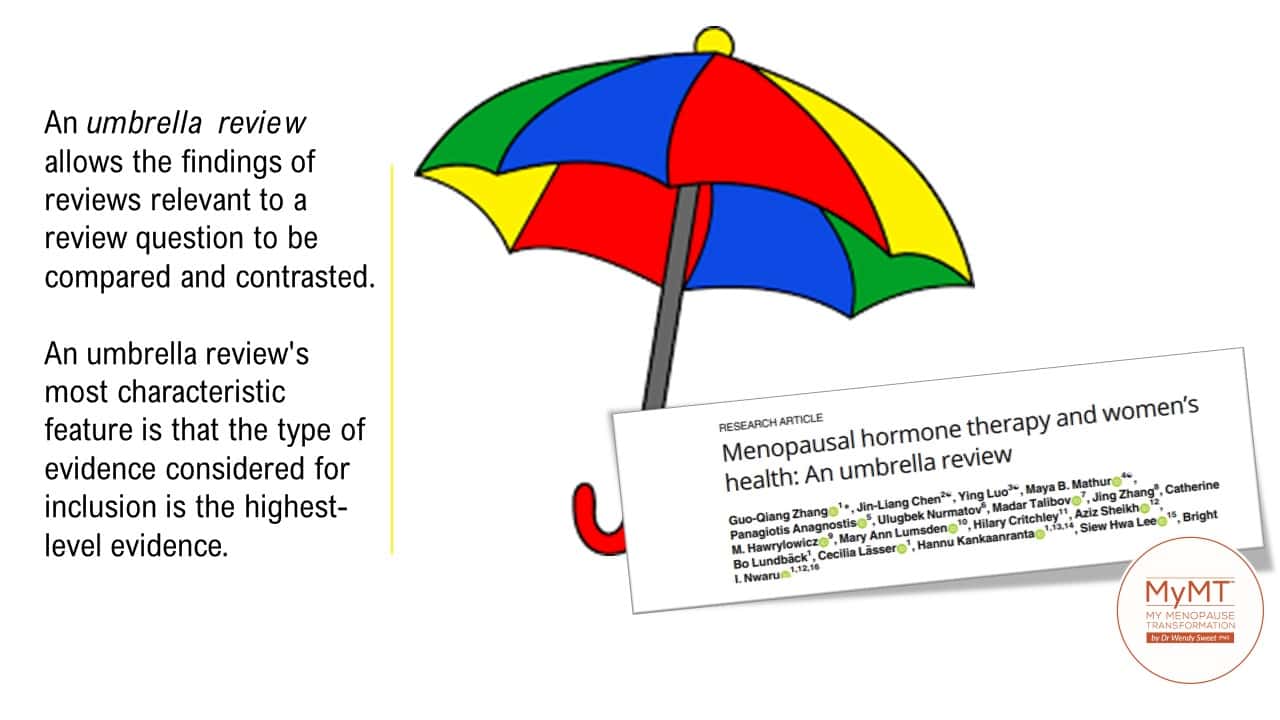
What did the researchers do and find?
The researchers were busy! They included 936 individual study estimates from Randomised Control Trials and 380 from observational studies for analysis. Sixty published systematic reviews of MHT use in menopausal women were analysed and this included breaking down the evidence on 102 health outcomes. Research conducted between 2017 and 2020 was included.
Overall, MHT had a complex balance of both benefits and harms.
For example, on the whole, beyond alleviation of menopausal symptoms, MHT may be associated with decreased risks of:
- bone risk fracture,
- diabetes mellitus, and
- oesophageal, gastric, and colorectal cancer.
However, the available evidence may indicate increased risks of:
- stroke,
- venous thromboembolism (blood clots),
- deep vein thrombosis (DVT),
- gallbladder disease, and
- thyroid, breast and ovarian cancer.
- It also seemed that oral MHT increases the risk of urinary incontinence and worsens incontinence in post-menopausal women.
Making the decision to take MHT is entirely individual obviously and because many of us have genetic or other health risks, then the findings from this study confirms that it’s important to explore and discuss your personal health risks with your Doctor too.
If you explore the work of Dr Louise Newson in the UK, she has some great resources and information for women and her research also indicates that all Menopause HRT is not the same and if women can explore the transdermal route (patch), then this is better than taking oral HRT. (Newson & Lass, 2018).
For some of you the benefits will absolutely outweigh the risks and for others of you, the opposite will be true.
The good news is that these days, there are so many different types of hormone replacement therapies as well as different doses and ways of administering them (sprays, gels, patches, creams, tablets and pessaries), so if one way of dispensing the therapy doesn’t work for you, then keep exploring other options that might work.
But whatever your decision is about medical intervention in your menopause symptoms, then can I also encourage you to change your lifestyle too?
Making lifestyle changes is well evidenced to also have a powerful effect on your symptoms. That’s what I’ve concluded with my women’s health and ageing studies – a healthier lifestyle, which includes dietary changes, stopping smoking and engaging in moderate physical activity as well as turning around sleep, reduces the severity of all menopausal symptoms.
I would also add that turning around inflammatory changes that have been building up for years, and turning around gut and joint health is crucial in enabling you to reduce your symptoms too. These are the issues that not many providers talk about however, when inflammatory changes are present, then your menopause symptoms are worse – whether you’re on HRT or not.
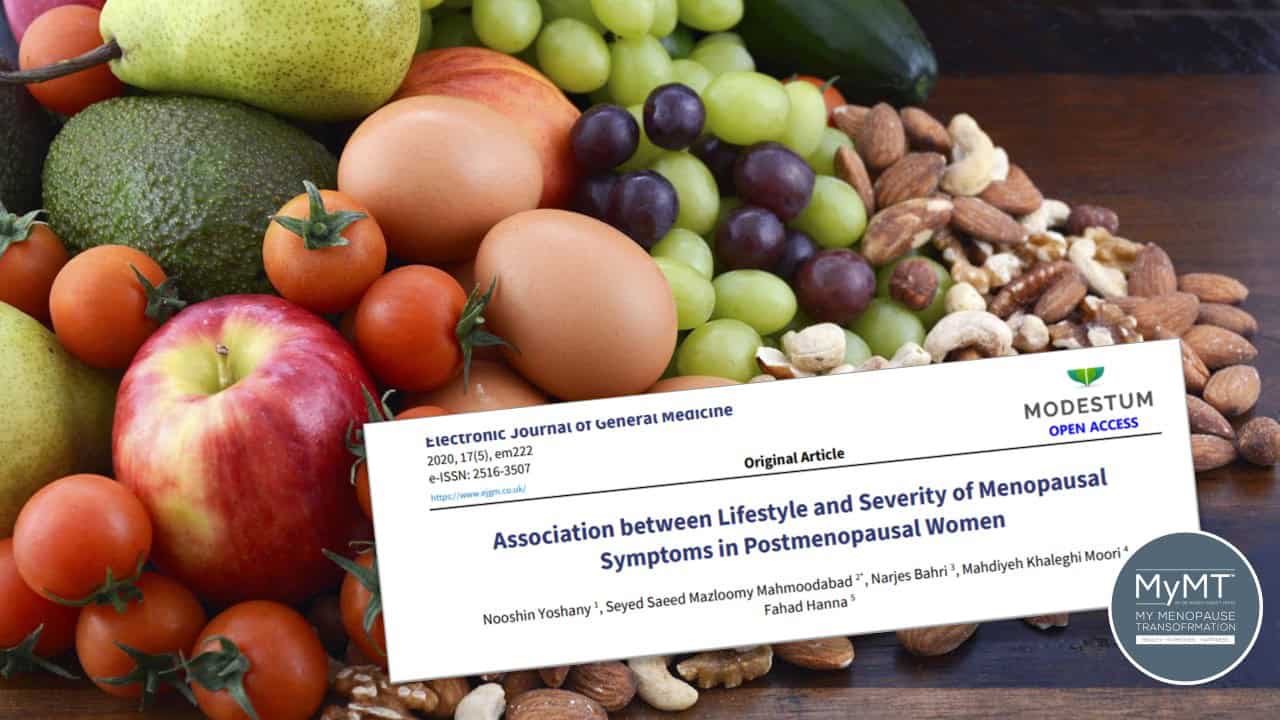
As those of you who have been reading my articles for a while know, the Mediterranean Diet is well evidenced to help our health as we age – especially our cardiovascular health.
The Mediterranean diet (MedDiet), is abundant in minimally processed plant-based foods, rich in monounsaturated fat from olive oil, but lower in saturated fat, meats, and dairy products, and is an ideal nutritional model for women’s cardiovascular health as they transition menopause and beyond. The available evidence is large, strong, and consistent (Martínez-González et al, 2020).
If you haven’t read my article on how to beat the heat with using lifestyle changes to reduce hot flushes, then this is HERE for you as well.
Whatever decision you make about your symptom control during your menopause transition, the most important thing to understand, is that unless you have no symptoms, doing nothing is not an option. As such, to give you better understanding, I have my Masterclass on Menopause available for you too.
And don’t forget that many women in Asian and Mediterranean countries, tend not to rely on medications to help resolve their menopause symptoms.
Natural phyto-oestrogens comprise part of their diet. From soy products such as tofu to yams or various herbs that are known to have an anti-inflammatory effect and provide the body with natural oestrogenic compounds, these are part of their daily diet.
There are numerous foods that contain different amounts of phytoestrogens and some of you might benefit from adding these foods to your diet, and some of you might not. It depends. And what it depends on, relates to these two main issues:
- Whether you are overweight and therefore, need to reduce your sources of oestrogen until you lose weight and are in post-menopause, when oestrogen levels are at their lowest, or
- Whether you have a healthy liver, which is the site of excess oestrogen clearance in your body. If your liver isn’t doing it’s job of clearing oestrogen, then excess sources may get stored in fat cells. Your fat cells love storing oestrogen and yes, this includes your breast tissue.
If you want to read my article on plant sources of phyto-oestrogens, then please just click through HERE.
Thank you for being part of the MyMT™ community with me.
Dr Wendy Sweet (PhD)/ Member: Australasian Society of Lifestyle Medicine.
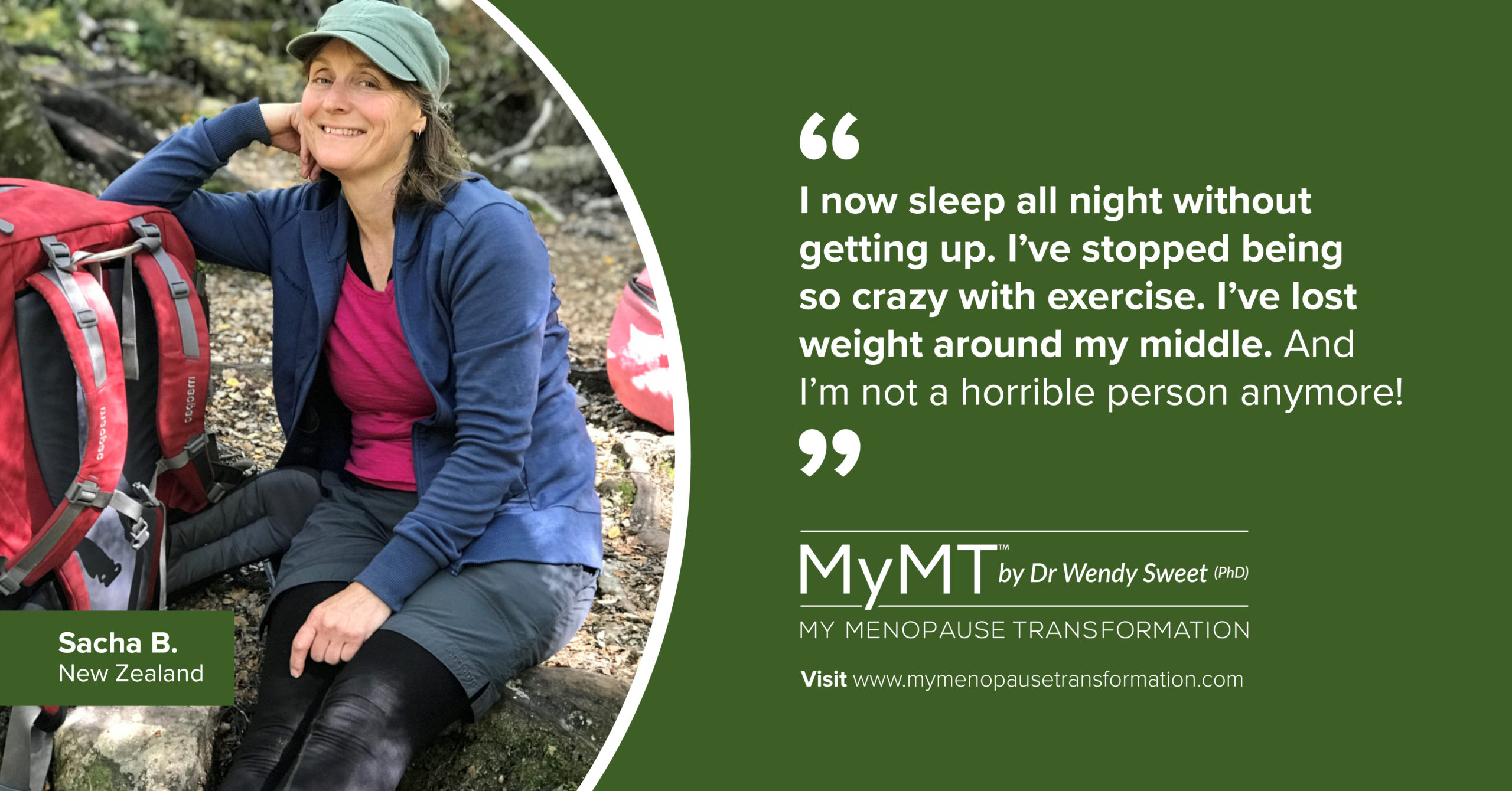
References:
Martínez-González MA, Gea A, Ruiz-Canela M. (2019). The Mediterranean Diet and Cardiovascular Health. Circ Res. Mar;124(5):779-798. doi: 10.1161/CIRCRESAHA.118.313348. PMID: 30817261.
Newson, L. & Lass, A. (2018). Effectiveness of transdermal oestradiol and natural micronised progesterone for menopausal symptoms. The British Journal of General Practice : the Journal of the Royal College of General Practitioners, 68 (675) 499-500.
Yoshany N, Mazloomy Mahmoodabad SS, Bahri N, Moori MK, Hanna F. (2020). Association between Lifestyle and Severity of Menopausal Symptoms in Postmenopausal Women. Electron J Gen Med. 17(5):em222. https://doi.org/10.29333/ejgm/7885
Zhang GQ, Chen JL, Luo Y, Mathur MB, Anagnostis P, Nurmatov U, Talibov M, Zhang J, Hawrylowicz CM, Lumsden MA, Critchley H, Sheikh A, Lundbäck B, Lässer C, Kankaanranta H, Lee SH, Nwaru BI. (2021). Menopausal hormone therapy and women’s health: An umbrella review. PLoS Med. Aug 2;18(8):e1003731. doi: 10.1371/journal.pmed.1003731. PMID: 34339416; PMCID: PMC8366967.
